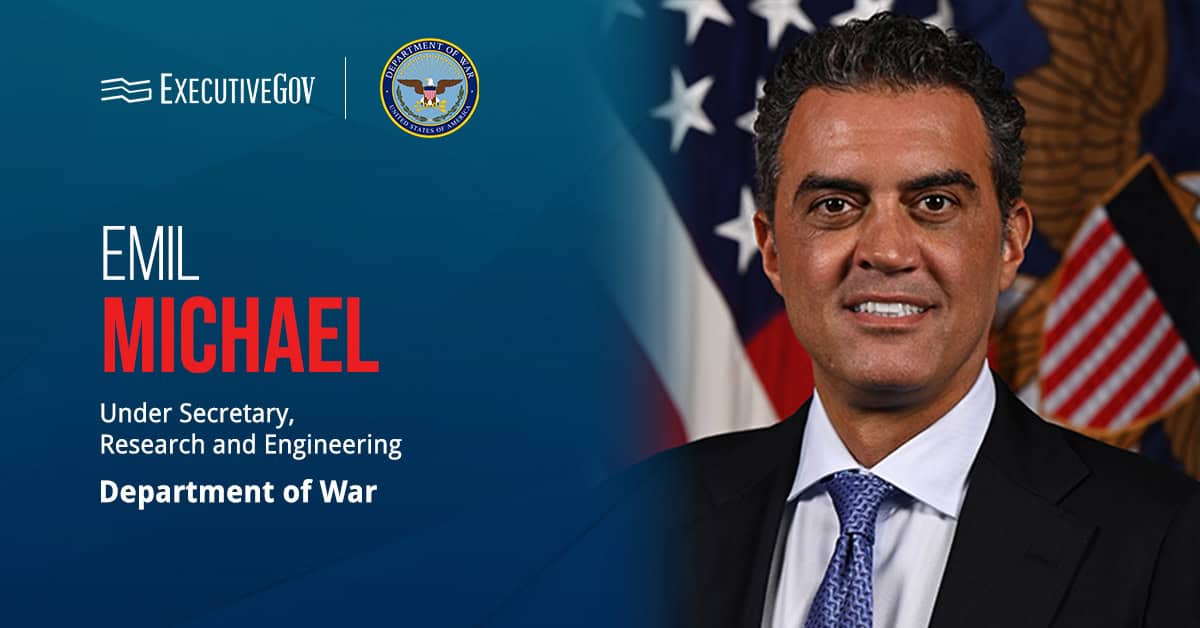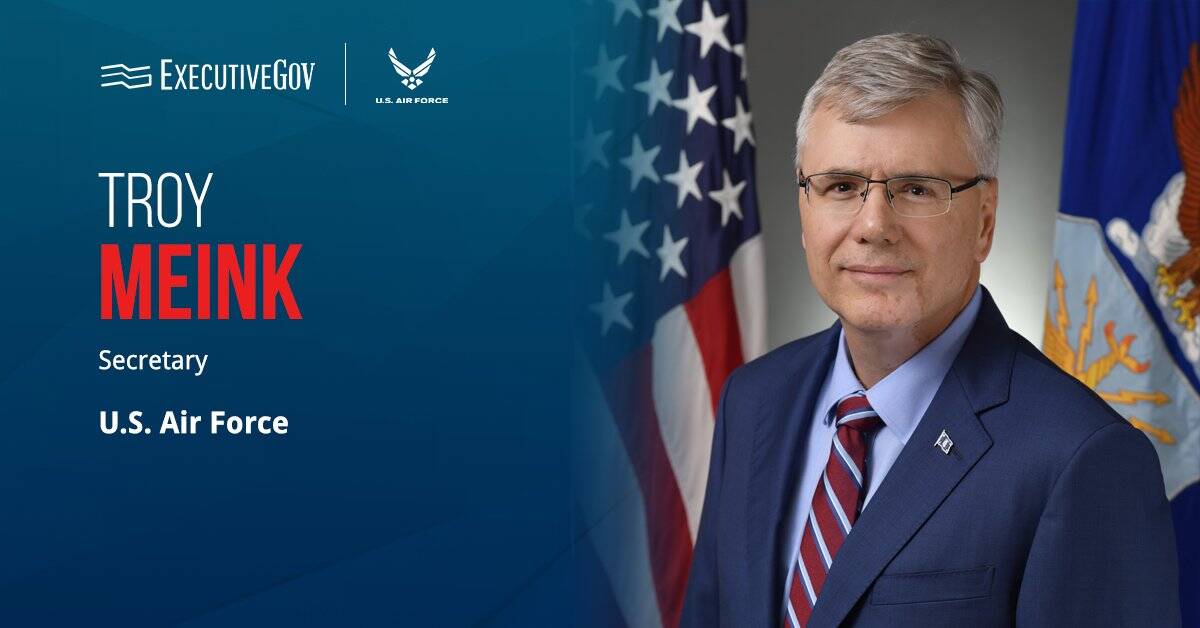Johns Hopkins University’s Applied Physics Laboratory is helping the U.S. Navy develop requirements for a visual surveillance system designed to make crews aware of what is happening on a ship.
The Shipboard Passive Electro-Optical Infrared (SPEIR) program aims to deliver a system that uses shipboard-installed EO and IR sensors to provide visual surveillance, JHU APL said Monday.
The program addresses the mission limitations of existing EO/IR technology and seeks to expand these systems’ scope of tasks.
“It will detect threats and generate data to keep the crew informed about what platforms — friendly, enemy and neutral — are in the vicinity of the ship,” John Shelton, APL’s project manager for SPEIR, said about the new technology his team is working on.
APL and the Navy gathered input from warfighters and veterans to inform SPEIR’s initial system design.





